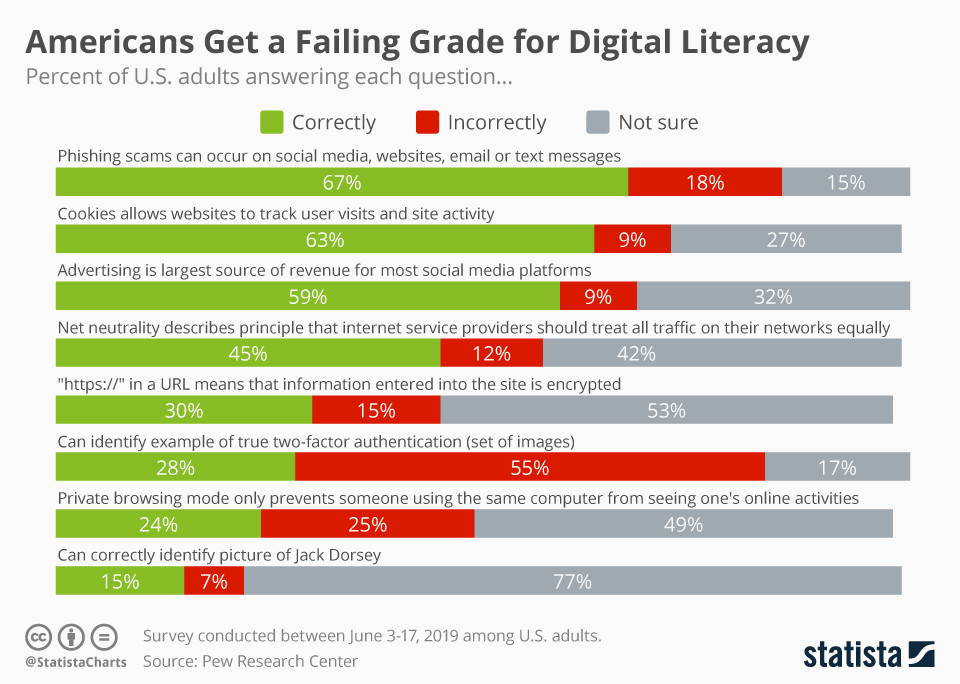Most people are aware of the importance of computers and the Internet, but not everyone thinks that it’s important to know the language, that is coding. They figure, “Well I know how to turn a computer on, and I know how to browse the Internet, so I’m probably good.” They recognize that knowing how to code is important, but they think that it’s important for a certain group of people and not necessary for everyone to know.
However there is a growing belief that everybody should know how to code, and in fact that coding should be included as a fundamental part of literacy.
Computer literacy is literacy
The idea of computer code as a fundamental literacy does make sense. Computers, software, and the Internet are becoming an increasingly present part of our everyday lives. Computers are in our pockets, in our cars, and even in our refrigerators. With something as integral in our lives as computers, it seems logical that you should know how to communicate with them.
Up until recently, coding has always been viewed as something reserved for a special group of people in a particular field. Knowing code wasn’t necessary in everyday life, and the only reason to know code was because you were going to work with computers. Now, most people work with computers, in some capacity, on a daily basis.
There are already efforts being made to increase computer literacy in the United States. Bill DeBlasio, when he was mayor of New York City, announced that he wanted computer science taught in every grade to every student. It would become one of the core classes like English or Science. There’s even software designed to teach computer programming basics to children as young as 5 years old.
Knowing how to read and write are important because we use those skills in everyday life. Whether you’re writing a letter to your coworker, or reading street signs, literacy is necessary to effectively function in society. It’s not a stretch to say that literacy with code will one day have the same importance.
How are we doing right now?
A comparison of students from multiple countries including the U.S. found that American kids were in the middle of the pack. Their teachers weren’t all that confident of their own computer skills, either.
Pew Research checked out American adults. The questions they asked didn’t require any skill at coding, just basic digital literacy, but most of the people surveyed couldn’t answer them correctly. (We’re not sure that being able to identify a photo of Twitter’s founder counts as basic digital literacy, but most studies show similar conclusions).
The most recent data we could find claimed that a mere .5 percent of Americans can write code at all.

If coding is indeed the basic literacy of the future, we need to get learning.
